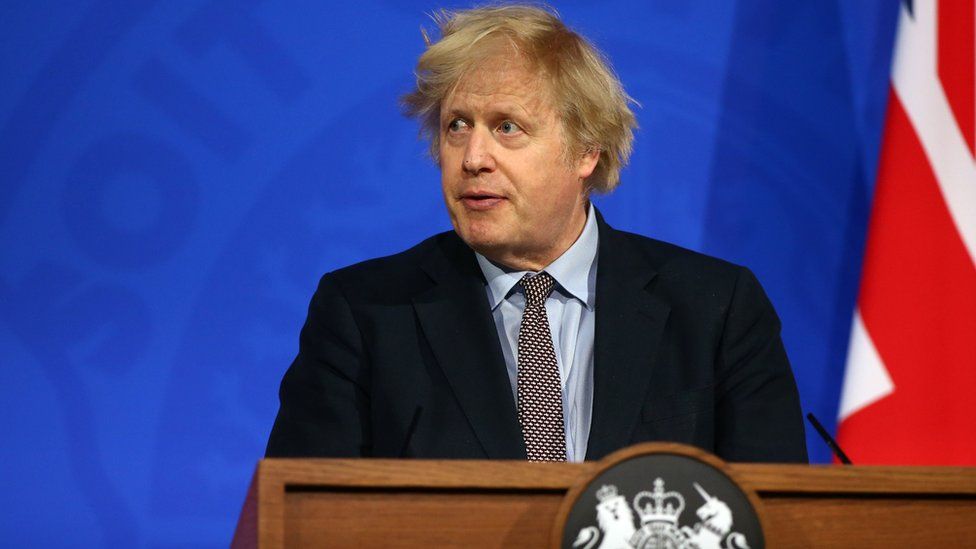Danish Muhammad cartoonist Kurt Westergaard dies

London, July 19: Kurt Westergaard, a Danish cartoonist whose caricature of the Prophet Muhammad outraged many Muslims worldwide, has died at the age of 86.
His family said he died after a long illness, the Berlingske newspaper reported on Sunday. Westergaard was a cartoonist for the conservative Jyllands-Posten newspaper from the early 1980s.
He became world-famous in 2005 for his controversial depiction of the Prophet Muhammad in the newspaper. Westergaard's cartoon, which showed a turban bomb, was one of 12 published by the newspaper to make a point about self-censorship and criticism of Islam.
Depictions of the Prophet Muhammad are widely regarded as taboo in Islam and are offensive to some Muslims. The newspaper's cartoons prompted protests in Denmark, while its government received complaints from the ambassadors of Muslim-majority countries.
The anger culminated in protests across the Muslim world in February 2006. Danish embassies were attacked and dozens died in riots.
The publication of the cartoons has left a lasting legacy. In 2015, 12 people were killed in an attack on the offices of French satirical magazine Charlie Hebdo, which had published the cartoons.
After the publication of the cartoons, Westergaard received numerous death threats and was a target of assassination attempts. He first went into hiding but then decided to live openly in a heavily fortified house in Aarhus, Denmark's second city.
In 2008, the Danish intelligence service announced the arrest of three people who were charged with planning to murder Westergaard.
Two years later, Danish police caught a 28-year-old Somali armed with a knife in Westergaard's house. Mohamed Geele, 29, was convicted of attempted murder and terrorism and jailed for nine years in 2011.
Westergaard had to live with a bodyguard at secret addresses in his later years. Speaking to Reuters news agency in 2008, Westergaard said he had no regrets about his satirical drawing.
He said the cartoon had generated an "important" discussion about the place of Islam in western countries with secular values.
"I would do it the same way (again) because I think that this cartoon crisis in a way is a catalyst which is intensifying the adaptation of Islam," he said. "We are discussing the two cultures, the two religions as never before and that is important."
Recent News

Do not make expressions casting dout on election: EC
14 Apr, 2022
CM Bhatta says may New Year 2079 BS inspire positive thinking
14 Apr, 2022
Three new cases, 44 recoveries in 24 hours
14 Apr, 2022
689 climbers of 84 teams so far acquire permits for climbing various peaks this spring season
14 Apr, 2022
How the rising cost of living crisis is impacting Nepal
14 Apr, 2022
US military confirms an interstellar meteor collided with Earth
14 Apr, 2022
Valneva Covid vaccine approved for use in UK
14 Apr, 2022
Chair Prachanda highlights need of unity among Maoist, Communist forces
14 Apr, 2022
Ranbir Kapoor and Alia Bhatt: Bollywood toasts star couple on wedding
14 Apr, 2022
President Bhandari confers decorations (Photo Feature)
14 Apr, 2022








